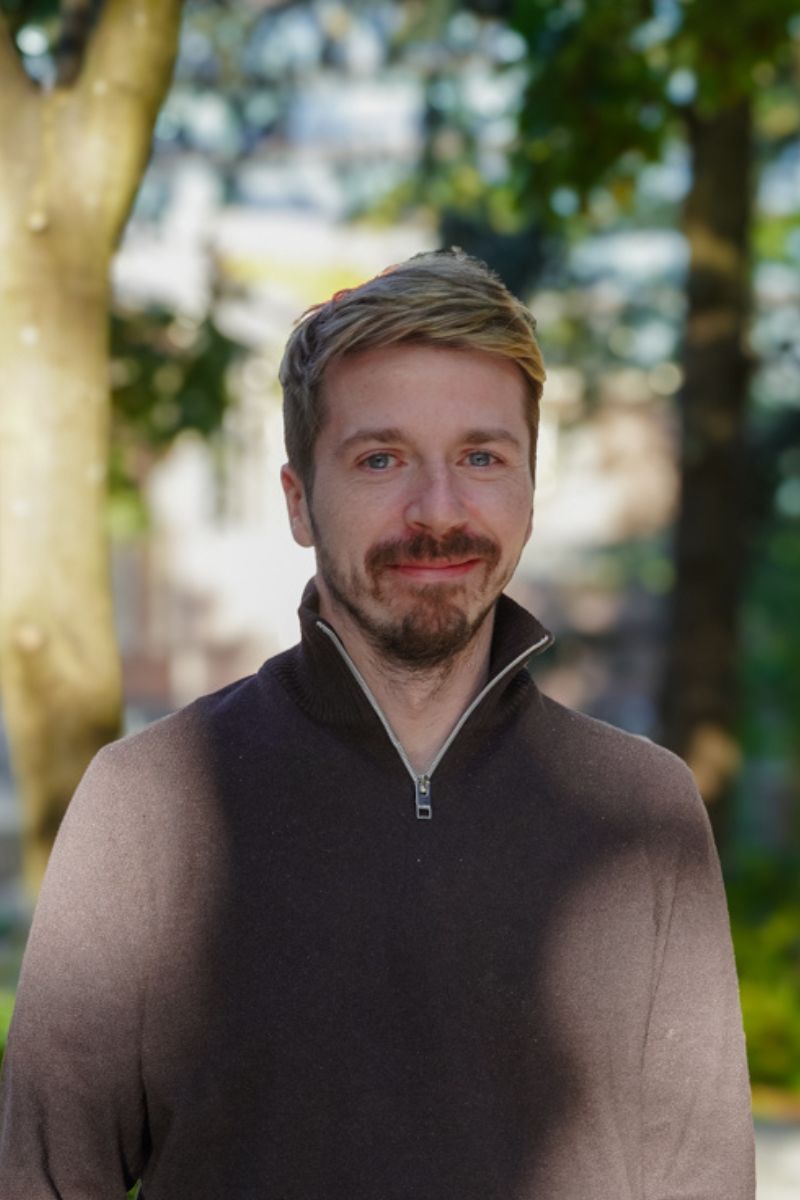At Panda, we believe our work goes far beyond simply matching people with roles. It’s about unlocking opportunities for talented professionals to make a lasting impact, shaping not only their own careers but also the future of life sciences.
That’s why we recently sat down with David Kirrane for our latest Panda Perspective. A seasoned QA/CSV specialist, David has spent nearly a decade at the forefront of innovation, building a career defined by purpose and progress. Over the past nine years, he has taken on some of the industry’s most ambitious challenges, from navigating the complexities of large pharmaceutical organisations to building greenfield biologics projects from the ground up, and now pioneering advances in the rapidly evolving world of mRNA manufacturing. His journey is a testament to continuous growth, bold career decisions, and a deep commitment to meaningful change.




